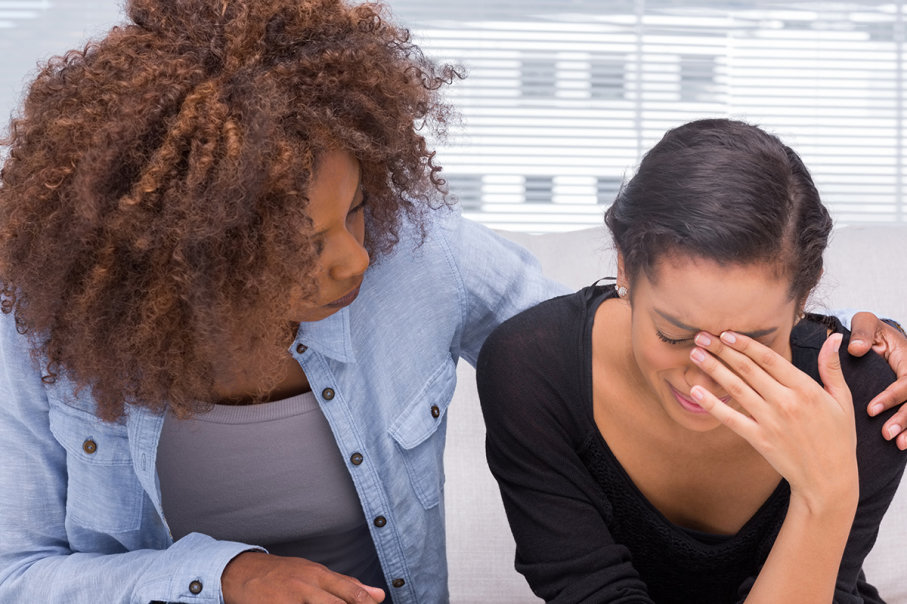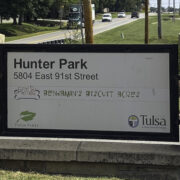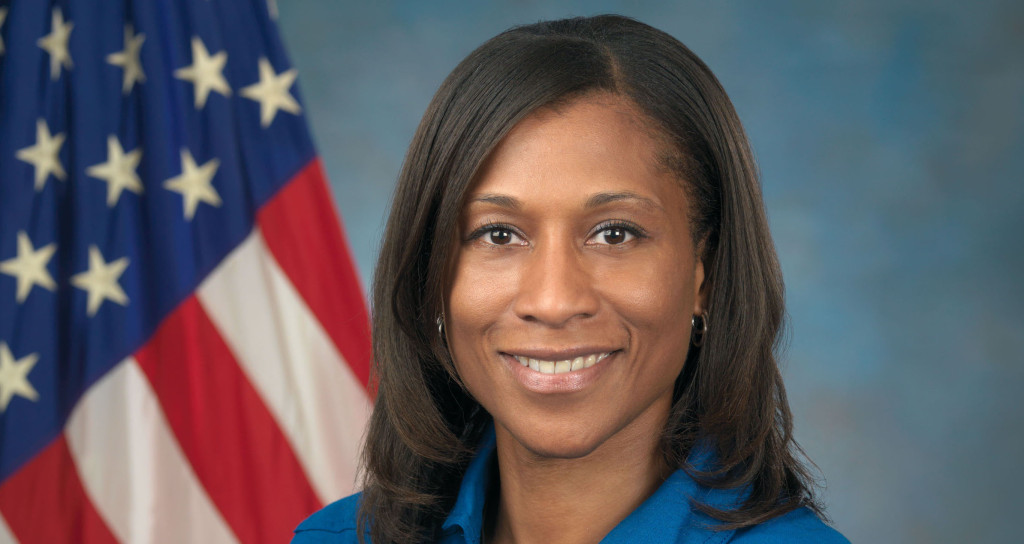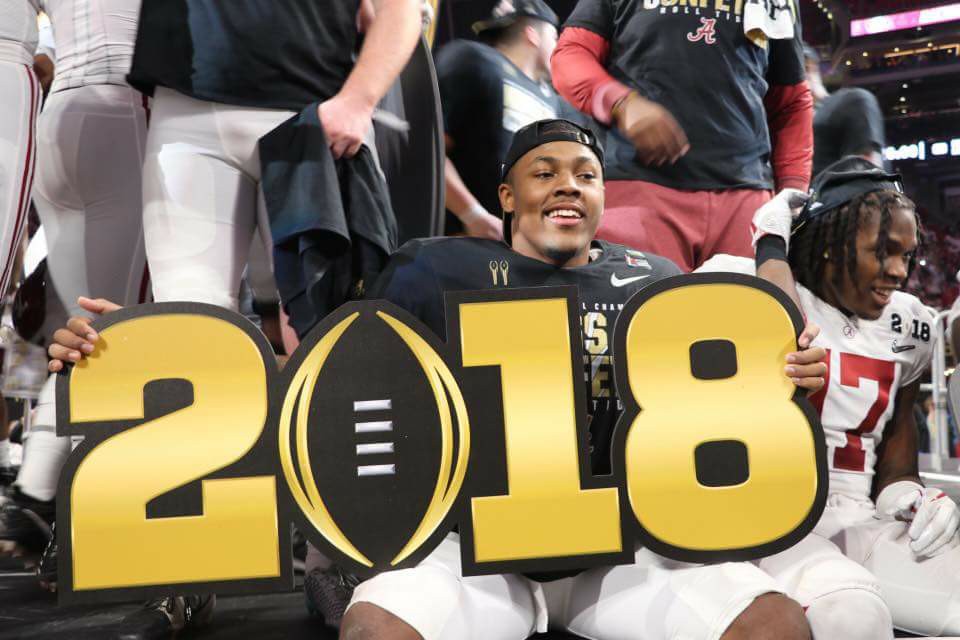
Mental Health America works nationally and locally to raise awareness about mental health. We believe that everyone at risk for mental illnesses and related disorders should receive early and effective interventions. Historically, communities of color experience unique and considerable challenges in accessing mental health services.

Demographics/Societal Issues
- 13.2 % of the U.S. population, or roughly 45.7 million people, identify themselves as Black or African American, according to 2014 U.S. Census Bureau numbers. Another 2.5% identified as multiracial. This represents an increase from 12.6 percent of the U.S. population, who identified themselves as Black/African-American in the 2010 Census. [1]
- As of 2010, Fifty-five percent of all Black/African American people lived in the South, 18 percent lived in the Midwest, 17 percent in the Northeast, and 10 percent in the West. [2]
- Historical adversity, which includes slavery, sharecropping and race-based exclusion from health, educational, social and economic resources, translates into socioeconomic disparities experienced by African Americans today. Socioeconomic status, in turn, is linked to mental health: People who are impoverished, homeless, incarcerated or have substance abuse problems are at higher risk for poor mental health.
- Despite progress made over the years, racism continues to have an impact on the mental health of Black/African Americans. Negative stereotypes and attitudes of rejection have decreased, but continue to occur with measurable, adverse consequences. Historical and contemporary instances of negative treatment have led to a mistrust of authorities, many of whom are not seen as having the best interests of Black/African Americans in mind.
Prevalence
According to the US HHS Office of Minority Health [3]:
- Adult Black/African Americans are 20 percent more likely to report serious psychological distress than adult whites.
- Adult Black/African Americans living below poverty are three times more likely to report serious psychological distress than those living above poverty.
- Adult Black/African Americans are more likely to have feelings of sadness, hopelessness, and worthlessness than are adult whites.
- And while Black/African Americans are less likely than white people to die from suicide as teenagers, Black/African Americans teenagers are more likely to attempt suicide than are white teenagers (8.3 percent v. 6.2 percent).
Black/African Americans of all ages are more likely to be victims of serious violent crime than are non-Hispanic whites, making them more likely to meet the diagnostic criteria for post-traumatic stress disorder (PTSD). Black/African Americans are also twice as likely as non-Hispanic whites to be diagnosed with schizophrenia. [4]
Attitudes
According to a study conducted by Ward, Wiltshire, Detry, and Brown in 2013 [5]:
- Black/African Americans hold beliefs related to stigma, psychological openness, and help-seeking, which in turn affects their coping behaviors. Generally speaking, the participants in this study were not very open to acknowledging psychological problems, but they were somewhat open to seek mental health services.
- Thirty percent of participants reported having a mental illness or receiving treatment for a mental illness
- Black/African Americans men are particularly concerned about stigma.
- Cohort effects, exposure to mental illness, and increased knowledge of mental illness are factors which could potentially change beliefs about symptoms of mental illness.
- Participants appeared apprehensive about seeking professional help for mental health issues, which is consistent with previous research. However, participants were willing to seek out some form of help.
Treatment Issues
- Black/African Americans today are over-represented in our jails and prisons. People of color account for 60 percent of the prison population. Black/African Americans also account for 37 percent of drug arrests, but only14 percent of regular drug users (illicit drug use is frequently associated with self-medication among people with mental illnesses). [6]
- Because less than 2 percent of American Psychological Association members are Black/African American, some may worry that mental health care practitioners are not culturally competent enough to treat their specific issues. [7] This is compounded by the fact that some Black/African American patients have reported experiencing racism and microaggression from therapists. [8]
- Stigma and judgment prevents Black/African Americans from seeking treatment for their mental illnesses. Research indicates that Black/African Americans believe that mild depression or anxiety would be considered “crazy” in their social circles. Furthermore, many believe that discussions about mental illness would not be appropriate even among family. [9]
Access/Insurance
Disparities in access to care and treatment for mental illnesses have also persisted over time.
- While implementation of the Affordable Care Act has helped to close the gap in uninsured individuals, 15.9 percent of Black/African Americans, versus 11.1 percent of whites Americans were still uninsured in 2014. [10]
- In 2012, the percentage of people who were unable to get or delayed in getting needed medical care, or prescription medicines was significantly higher for people with no health insurance (18.7%) than for people with private insurance (8.4%). [10]
- In 2011, 54.3 percent of adult Black/African Americans with a major depressive episode received treatment, compared with 73.1 percent of adult white Americans. [11]
- Compared to 45.3 percent of white Americans, 40.6 percent of Black/African Americans age 12 and over were treated for substance abuse and completed their treatment course, in 2010. [11]
Educational Materials
MHA has developed unique materials for Black/African Americans.
Brochures
To order copies of this brochure, please access our online store by clicking here.
Fact Sheets
Partnerships and Resources
The following organizations are among those that offer additional information on this subject, focusing on outreach to African-American communities:
- Capstone Institute/Center for Research on the Education of Students Placed at Risk, Howard University: http://www.capstoneinstitute.org/
- National Black Nurses Association: http://www.nbna.org/
- National Medical Association: http://www.nmanet.org/
- Lee Thompson Young Foundation: http://www.leethompsonyoungfoundation.org/









